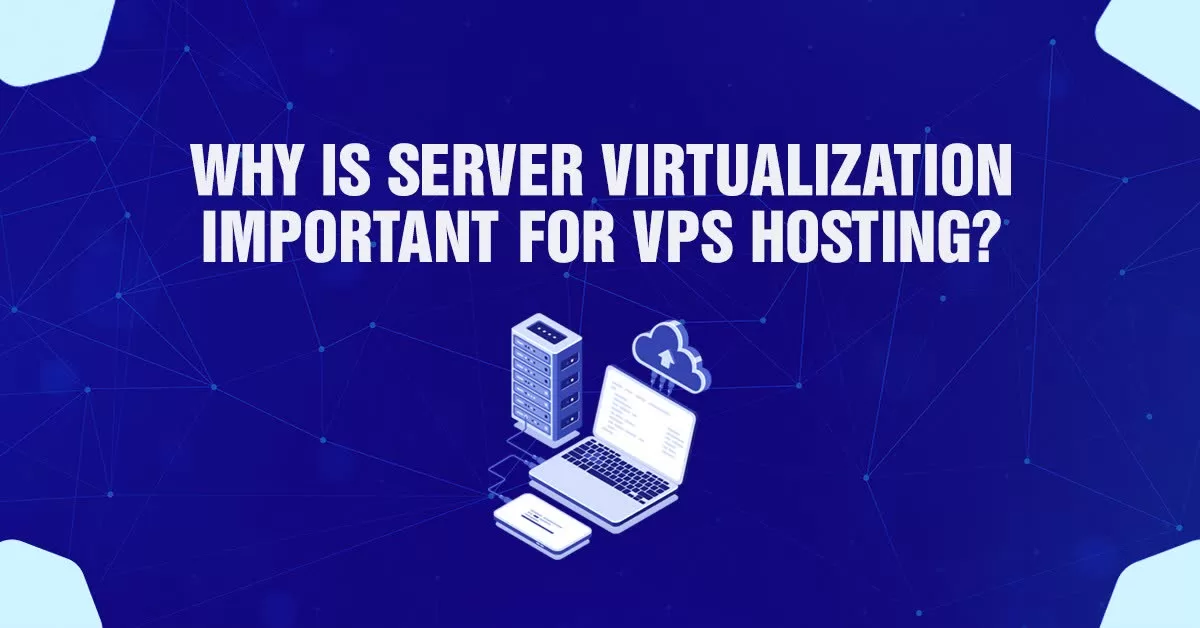Web Hosting Glossary 9 Crucial Terms You Must Understand
Are you a beginner in web hosting? Confused about the brand-new vocabulary you must learn, decisions you must make, and procedures you must adhere to? Don’t worry. Once you have all the knowledge you need, web hosting is simple to understand and navigate. We will therefore assist you in comprehending the fundamentals of web hosting, including what it is and the terminologies you must learn.
Web Hosting – Overview
Hosting is, to put it simply, where your website lives. You need a location to host your website if you own one. The process of renting or purchasing server space to host your website on the ‘World Wide Web’ is known as web hosting. Website material, including HTML, CSS, and images, must be hosted on a server in order to be accessed online.
A hosting company hosts your website if they provide room on their web server for your website to keep its files. You access websites that are all hosted on servers. The sort of web hosting you select will determine how much space you can get on a server. For instance, with shared hosting and virtual private server hosting, your website is given access to a portion of an entire actual server. The entire server is set aside for your usage in dedicated hosting, though.
You need dependable hosting if you want to build a solid and trustworthy online presence for your audience. You must comprehend several web hosting fundamentals in order to choose that. Here are 9 phrases you should be aware of when researching web hosting.
Important Web Hosting Terminologies
1. Server
A system or computer known as a server provides resources, services, data, or applications to additional computers (referred to as clients) across a network. In essence, computers are viewed as servers when they share resources with client PCs. Web servers, virtual servers, and mail servers are a few examples of the various server kinds.
2. Domain
Your website’s name is its domain name. It serves as the URL for users to access your website. Your domain name can include a variety of characters and digits as well as one or more domain name extensions, including .com, .net, and others. The domain name must be registered before being used and must be original. The domain name of two websites cannot be the same.
3. Bandwidth
The amount of information that can be sent via a link in a specific amount of time is measured by bandwidth. The measurement is in megabits per second. It is frequently mixed up with speed. Speed, on the other hand, refers to how quickly information is delivered, received or downloaded, whereas bandwidth refers to the amount of information you receive per second.
4. Disc space
The greatest quantity of data that a disc or drive is capable of storing is referred to as disc space, also known as disc storage, storage capacity, or disc capacity. This capacity is frequently shown in megabytes (MB), gigabytes (GB), or terabytes (TB). Disk space in web hosting refers to the volume of data that can be kept on the web server. Your website’s size will determine how much space you require.
5. CPU
The CPU (Central Processing Unit) manages all information requests and aids in program execution while hosting a website on a server. The more the CPU can handle and process without degrading performance, the more it can accomplish. If the CPU receives several requests, they will be queued and processed one at a time. Before handling the following request, each request will be given a fraction of a second of processing time. Consider it the brains of the whole enterprise.
6. SSL
Secure Sockets Layer, or SSL, is the industry-standard technique for protecting your internet connection. It protects any confidential or delicate information communicated between two systems and prevents hackers from altering or accessing any of the data exchanged. It does this by employing encryption algorithms to hide data and stop data leaks.
7. Hosting: managed or unmanaged
You need a hosting plan in order to host your website online. Managed versus unmanaged hosting is one of the decisions you’ll need to make when selecting a hosting package. While managed hosting gives your hosting provider authority over the majority of operations including automated backups, updates, security checks, and maintenance, unmanaged hosting gives you more control over the server.
8. System operating
Operating systems, such as Windows and Linux, act as a bridge between computer users and their hardware. It is a piece of software that can manage files, processes, input, output, memory, and peripheral devices like printers and disc drives, among other fundamental duties.
9. Control Panel
A Control Panel streamlines how you administer your services and gives you the power to control the web hosting environment. This includes server databases, emails, DNS settings, web hosting, and more. Monitoring is yet another crucial component of the Control Panel.
A Control Panel can be used to track how much memory, CPU, and bandwidth is being used. In essence, it aids in managing your hosting plan. Monitoring domain names, setting up and managing email accounts, installing software and other processes are all covered by a Control Panel.
Few Final Words
When it comes to your website, you want to make sure that it is always up and running. You don’t want your customers to see a server-down message or have to wait an eternity for a page to load. This is why web hosting is very important. A web hosting service is a type of internet hosting service that allows individuals and organizations to make their websites accessible via the World Wide Web.
Web hosting is one of the most important services on the internet. It enables individuals and organizations to make their websites accessible to the public. Without web hosting, it would be impossible for people to view your website. There are many different types of web hosting, and each has its own set of features and benefits. Now that you are aware of all the basic terms that are necessary, you can start taking the basic decisions regarding choosing the aptest web hosting plan and compare all the offers that are provided by various organizations.












































